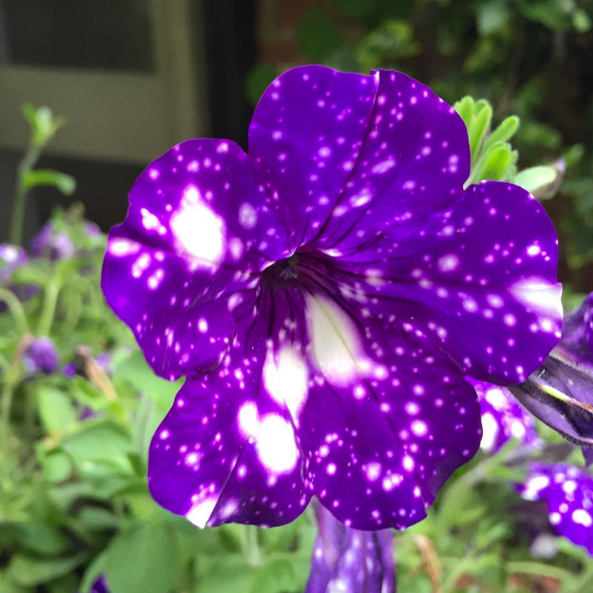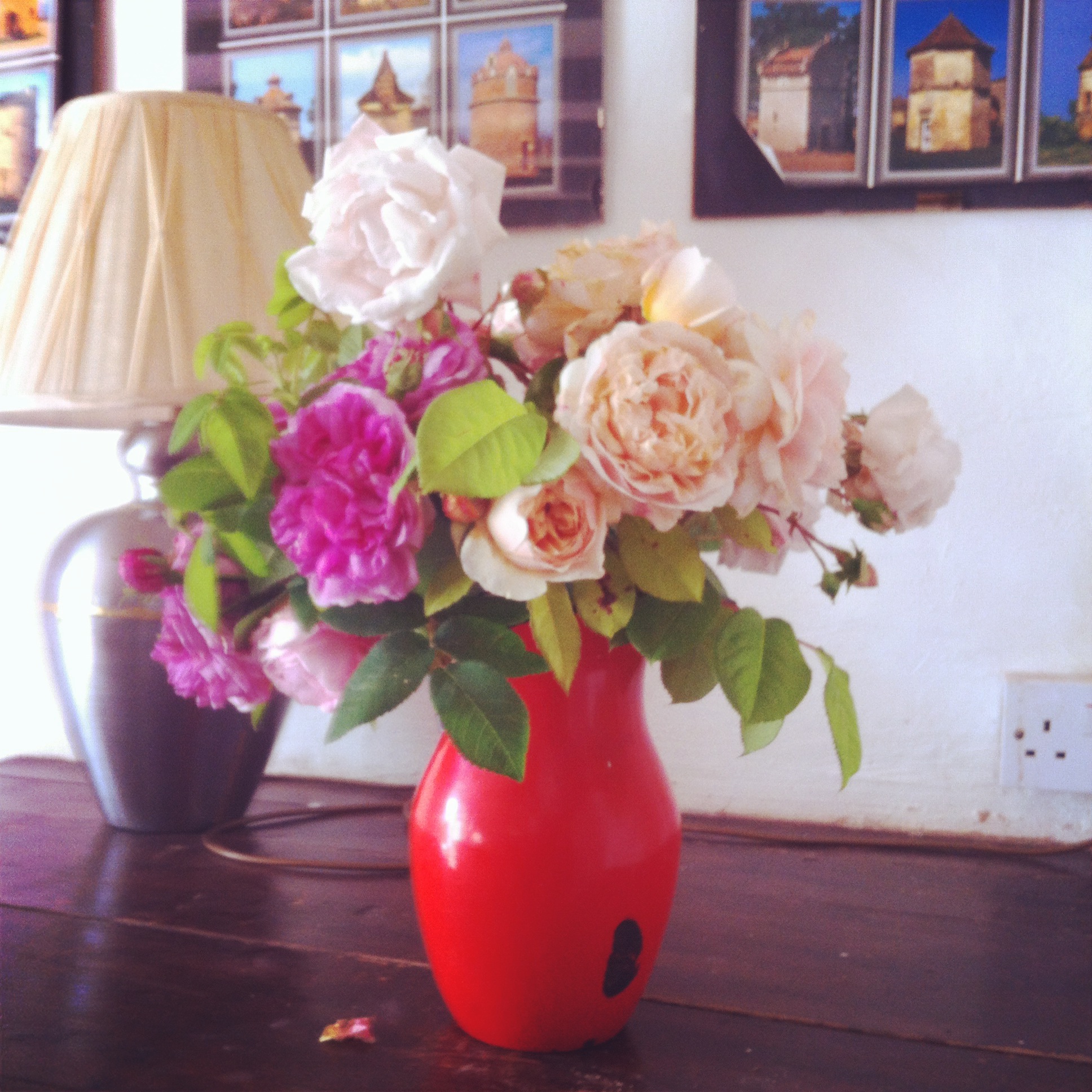-
Option B
I read a lot of books about bereavement recently, but this one stands out for the obvious reason: I work in social media so I remember Sheryl Sandberg posting the first post after her husband’s death. I remember the collective reaction to her grief going out in ripples across Facebook and other social media channels. I remember feeling a bit empowered that I could post a note and send her my condolences – even though we don’t know each other as such, I could still feel the pain of her loss. Obviously, I have no idea how it was for her and so I am really happy that she has published her story of bereavement in the book “Option B“. Not much is said about the role of social media in support for the bereaved and I am really interested in it. I have been through difficult times in life – none of which can remotely compare to her loss – but I still have received a lot of support and energy from my online networks. We are humans – regardless of the screen we are looking at.
I really like the honesty of Sheryl’s book and her focus on resilience, on the future of her kids, on treasuring the memory of her husband. But most of all I like the fact that she had the ability to ask for help and accept it. I am sure her days were so very hard and yet, surrounded by lovely people, we also can feel lonely and we can feel extremely isolated in grief. It seems to me from my studies so far that opening up to help, to support and learning to ask for help too, is crucial. There’s no “getting better” in grief. Thigs change, they never remain the same and the loss leaves a terrible emptiness which in time we might learn to live with. Build around it, possibly. That work – the PROCESS of grief – is much easier and less burdening, if we learn to do it with or next to others. That’s what I got out of the “Option B”. Would love to know what others think of it.
Additional reads:
My favourite quotes:
“I learned that friendship isn’t only what you can give, it’s what you’re able to receive.”
“Let me fall if I must fall. The one I become will catch me.”
“Poetry, philosophy, and physics all teach us that we don’t experience time in equal increments.”
“Happiness is the frequency of positive experiences, not the intensity.”
“Psychologists have found that over time we usually regret the chances we missed, not the chances we took.”
“Self-compassion comes from recognizing that our imperfections are part of being human.”
“I am more vulnerable than I thought, but much stronger than I ever imagined.”
“A traumatic experience is a seismic event that shakes our belief in a just world, robbing us of the sense that life is controllable, predictable, and meaningful.”
(3P’s of pesimism): “(1) personalization—the belief that we are at fault; (2) pervasiveness—the belief that an event will affect all areas of our life; and (3) permanence—the belief that the aftershocks of the event will last forever.”
“Avoiding feelings isn’t the same as protecting feelings.”
“ When it’s safe to talk about mistakes, people are more likely to report errors and less likely to make them.”
“Blaming our actions rather than our character allows us to feel guilt instead of shame.”
“One of the most important things I’ve learned is how deeply you can keep loving someone after they die. You may not be able to hold them or talk to them, and you may even date or love someone else, but you can still love them every bit as much.”
“Let me fall if I must fall. The one I become will catch me.” Slowly,”
“Even in the face of the most shocking tragedy of my life, I could exert some control over its impact.”
“These aren’t personal questions. They are human questions”
“Post-traumatic growth could take five different forms: finding personal strength, gaining appreciation, forming deeper relationships, discovering more meaning in life, and seeing new possibilities.”
“Option A is not available. so let’s just kick the shit out of Option B.” Life is never perfect. We all live some form of Option B.”
-
Wesołych!
U nas w nowym domku więcej miesjca na choinkę a przede wszystkim ogromna ilość światła, więc pod choinkę poprosiłam o małą palmę z IKEI. Mam więc w kuchni wystrojoną palmę – bo jak człowiek dorasta to może zdobić tak, jak sam chce.
Wesołych!
-
Faith

“I believe in everything until it’s disproved. So I believe in fairies, the myths, dragons. It all exists, even if it’s in your mind. Who’s to say that dreams and nightmares aren’t as real as the here and now?”
John Lennon












